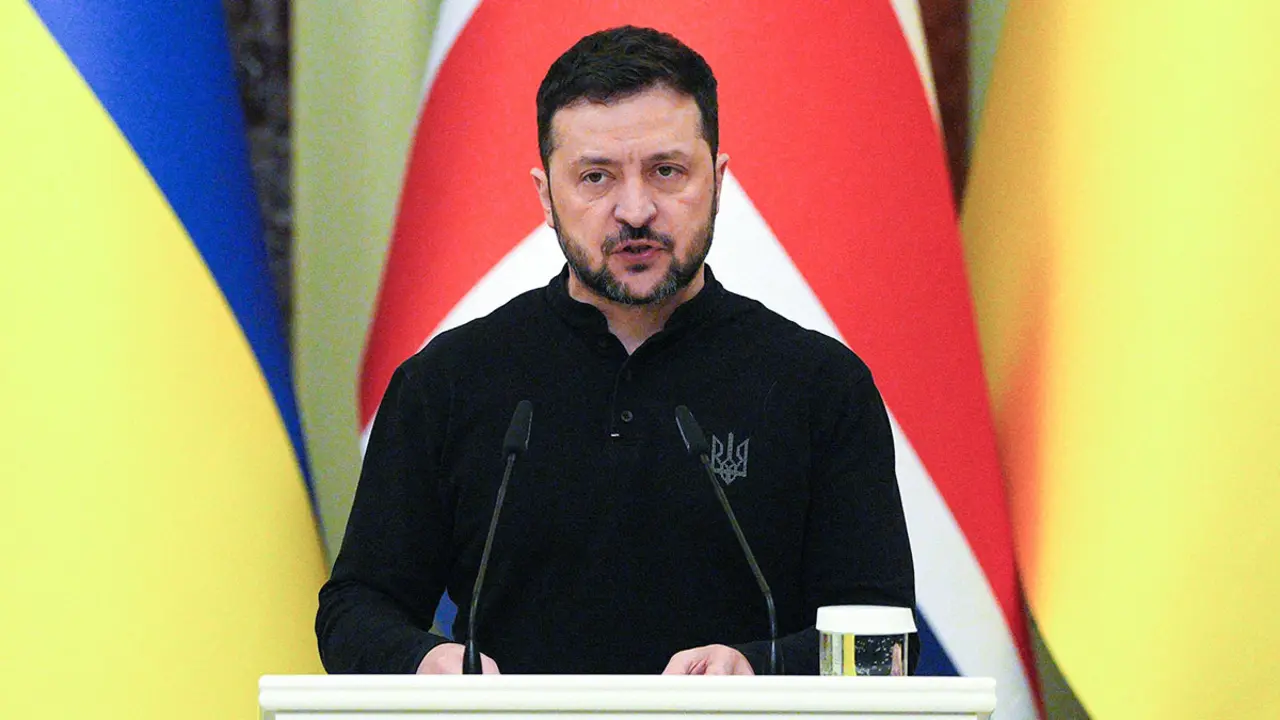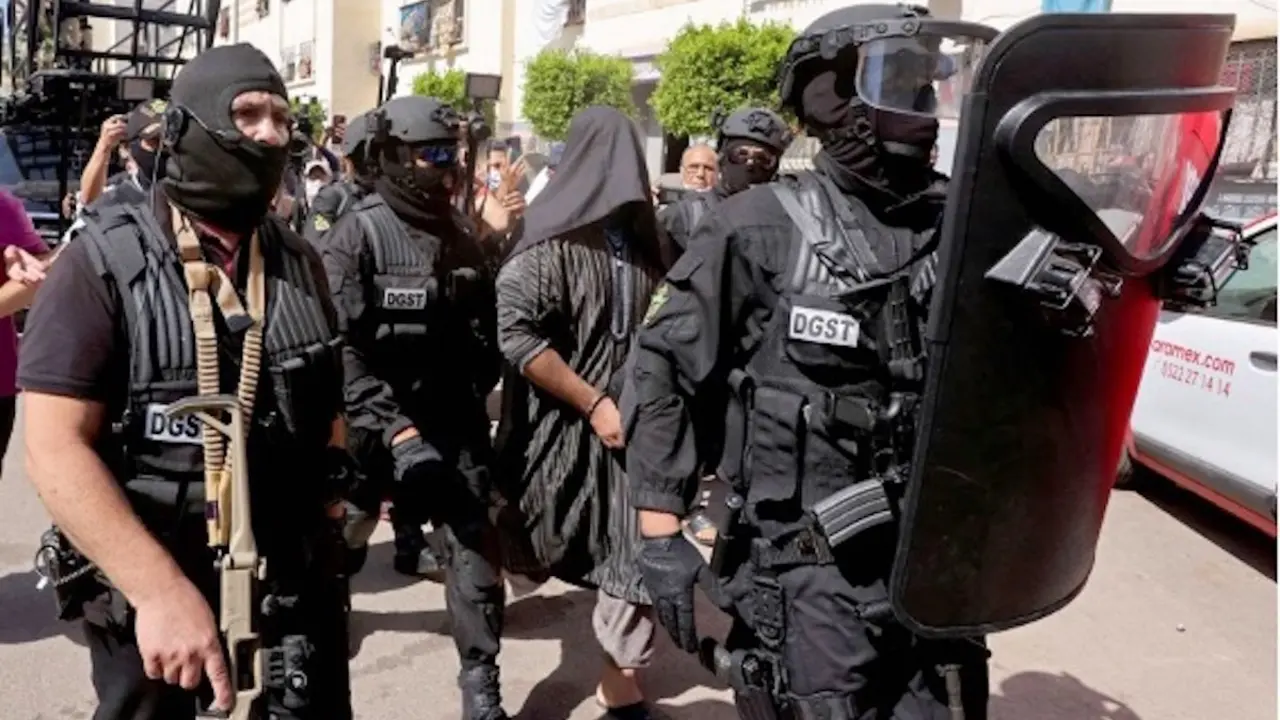King Charles III's close relationship with the Middle East

The King of England, Charles III, during his time as Prince and future heir to the throne, has been known for forging strong relations with the countries of the Middle East region, and it is expected that during his reign the King will continue to work on building bridges of understanding between the United Kingdom and the countries of the region.
Charles III last toured the region with his wife and Duchess of Cornwall, Camilla Parker, in November 2021. During this time the then prince visited Jordan and Egypt with the aim of continuing to build bridges and work on inter-religious dialogue, a key issue for the new monarch who is also the representative of the Anglican Church worldwide.

In Jordan, Charles III said he was "satisfied" with the work the country was doing to defend and care for refugees displaced by the war in Syria and the Israeli-Palestinian conflict. He was also concerned about the complicated situation they are going through and had the opportunity to speak to some refugees about their conditions, sometimes totally dependent on donations from the UK and Saudi Arabia.
For this reason, in January 2020, he was announced as the UK's first patron of the International Rescue Committee, a humanitarian organisation working in 40 countries to "help people survive, recover and take control of their future".

During their visit to Egypt, Charles III and Camille Parker were received by the Egyptian President, Abdelfatah al-Sisi. There, the King emphasised his commitment to fostering inter-religious dialogue, after a visit to the Al-Azhar Mosque in Cairo.
There, the monarch expressed his position to this end, stating that he believed "with all my heart that responsible men and women must work to restore mutual respect between religions, and we must do everything in our power to overcome the mistrust that poisons the lives of many people". He reiterated that "the Church has a duty to protect the free practice of all religions in this country".

The King's interest in continuing to work on this issue responds to the idiosyncrasies of the English country, which currently has more than 3 million Muslims, making it the second largest religion in the United Kingdom.
Other tours in the region took place in 2015. In this year he visited Jordan, Kuwait, Saudi Arabia, Qatar and the United Arab Emirates and for this he spent six months before the tour learning Arabic to decipher the inscriptions in museums and archaeological works, as well as to read the Quran in its original language. The king has always been interested in architecture, history and art, and even studied archaeology, anthropology and history at Trinity College during his time at university.

In Saudi Arabia, in the town of Al-Ula, Charles III has visited the archaeological work in and around the city on several occasions, such as the ancient Nabataean city of Hegra, declared a World Heritage Site by UNESCO in 2008.
On another visit to Saudi Arabia in 2013, the King toured Wadi Hanifa, where he watched with great interest the presentation of the Diriyah project, a plan that aims to be the commercial heart of the city in the province of Riyadh.

In addition, since his investiture as Prince of Wales in 1969, Charles has made countless official and unofficial visits to countries in the Middle East region.
Alongside this, at the diplomatic level, Charles III has worked assiduously to continue forging relations between the UK and the countries of the Middle East, particularly the Gulf states. So much so that since 2009, the Prince Charles Charitable Foundation has been working with the Abu Dhabi Music and Arts Foundation to offer traditional arts workshops in the Emirati capital.

Another important visit he made to the Emirates was in 2014, when he was received by the now Emirati president, Mohammed bin Zayed. The then British Ambassador to the UAE, Dominic Jermey, said that "The Prince of Wales' visit symbolises the long-standing friendship between our royal families and demonstrates the partnership at the highest level" and stated that "these personal ties act as a foundation in the relationship between the UK and the UAE and will allow us to collaborate with confidence on the many issues that our people are passionate about, including critical issues in the region and around the world".
Following the death of Britain's Queen Elizabeth II, she is now succeeded by her son and heir to the crown, Charles III. In terms of diplomatic relations, and given the monarch's past with the countries of the Middle East region, it is hoped that the UK will maintain a strong relationship of friendship and cooperation with the different countries in the region and create new areas of collaboration that will further deepen cultural, political and social exchange.








